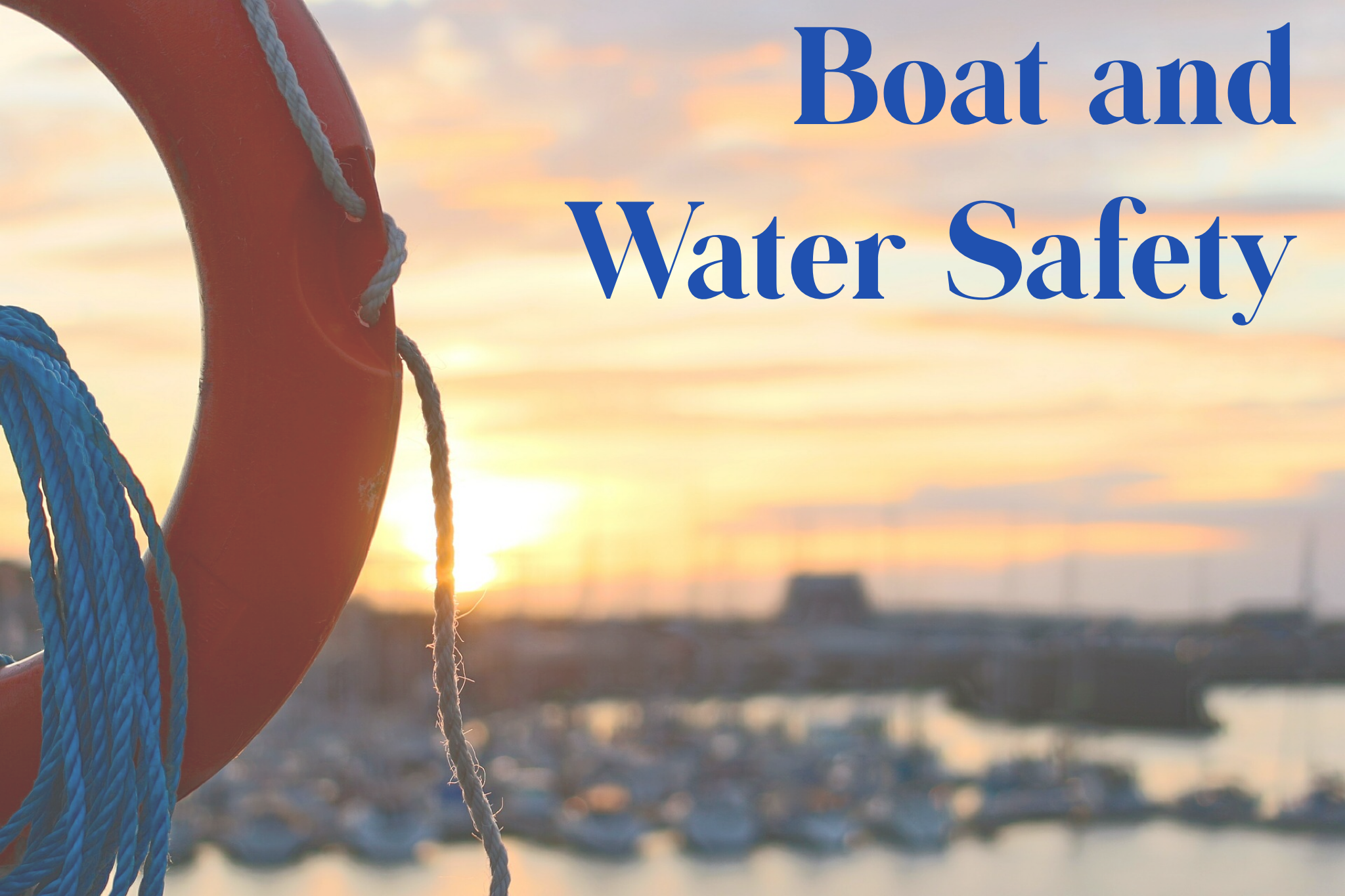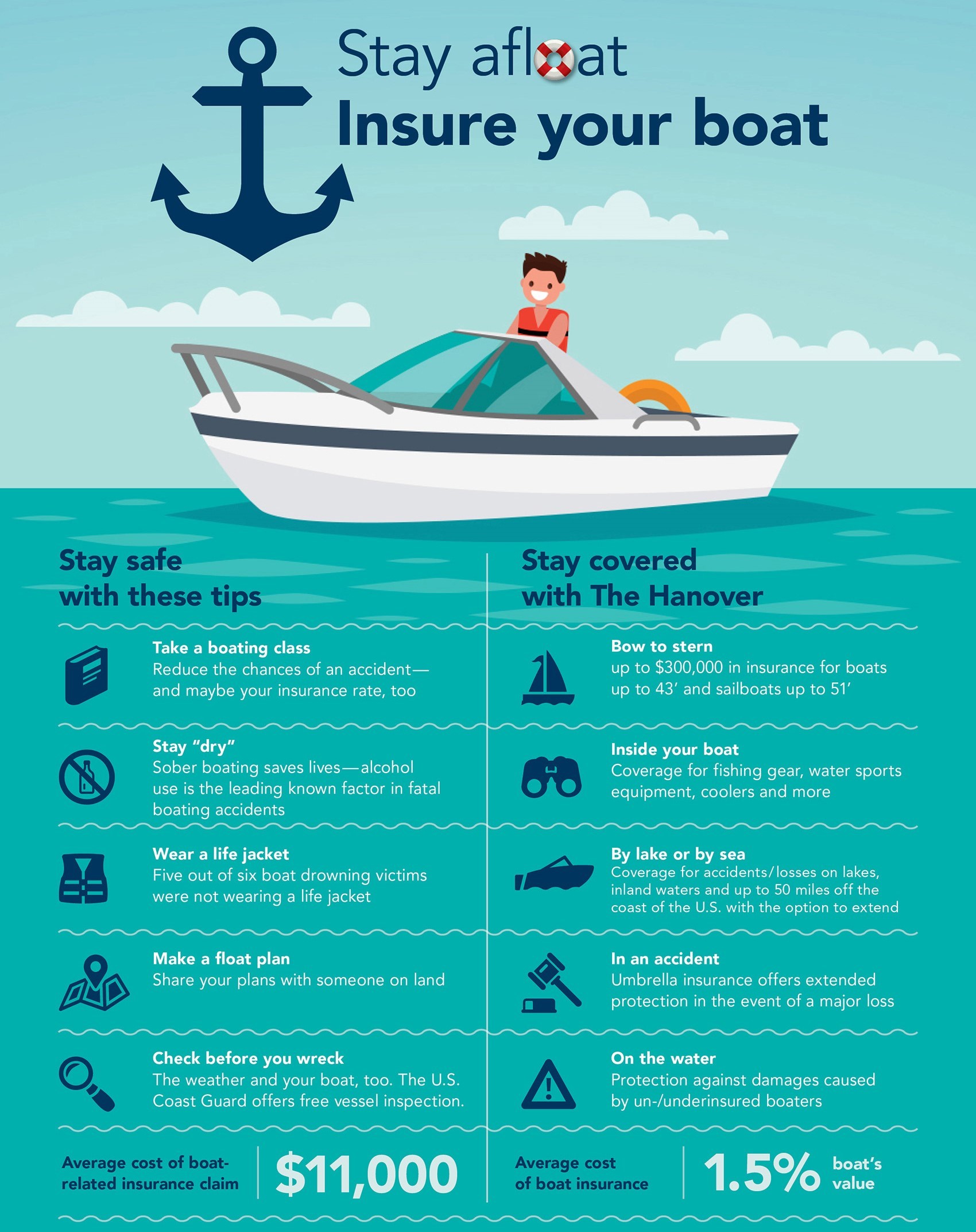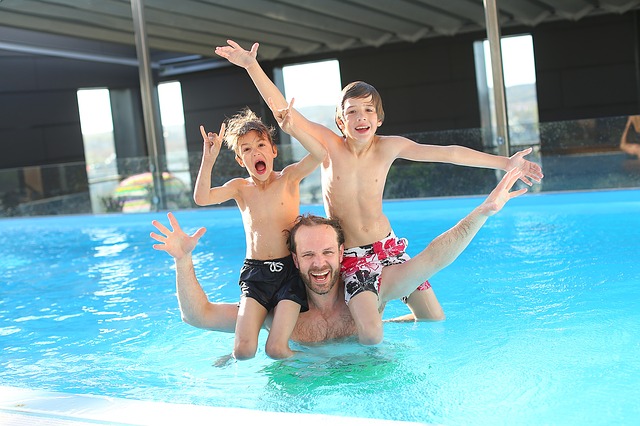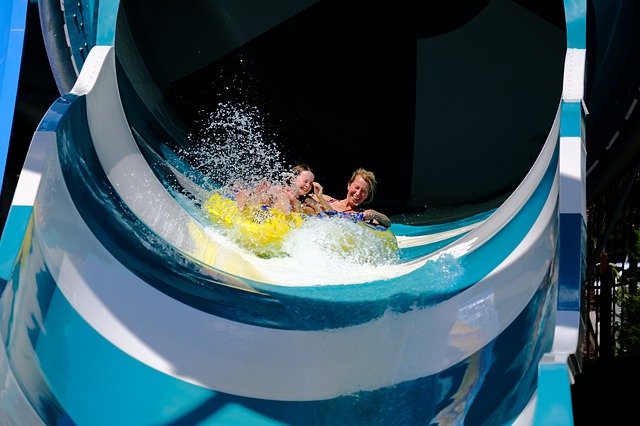What Floats Your Boat? Safety.

One in 10 Americans own a boat and about 95% of recreational boat owners have a watercraft less than 26' long. It is important that you understand not only the capabilities of your vessel but also your piloting and navigating skills as well. Here is a look at the preparation and precaution that will help make you a responsible captain and boat owner:
- First:
- Take a safe boating course - boating safety courses are proven to greatly reduce the chances of a future accident. Plus this will give you the confidence and the wisdom to navigate safely. Courses such as those offered by United States Power Squadrons®, can help save on the cost of insurance.
- Stay in shipshape – before hitting the water, he has contacted the U.S. Coast Guard Auxiliary to get a vessel safety check free of charge.
- Insuring your boat and contents – By selecting physical damage coverage on your policy, you can get protection for your trailer, equipment, and your family’s personal items on board as well.
- On the day of your voyage:
- Make a "float plan" -informing someone on land of his travel plans, necessary aid could reach Dave faster in the event he experiences an accident in an area out of range of any communication. This fillable form from the U.S. Coast Guard provides a checklist of details to help you complete your own float plan.
- Make a complete list of the essentials - understanding the importance of equipment such as flotation devices, tools, fire extinguishers, flares and other safety implements can help ensure you're ready in case of an emergency.
- Monitor the weather - before heading out on the open water, check the weather to learn about any impending weather events or craft advisories. Continue to monitor the sky for darkening clouds or sudden temperature drops which are clues to use caution and head back to land.
- Now, that you're on the water...
You can begin planning your next boating or fishing adventure here. Do you have questions about boat safety or are you concerned that you may have a leak in your boat insurance policy? Learn more about our watercraft insurance solution here.

Sources: The Hanover Insurance Group, United States Coast Guard, DiscoverBoating.com





